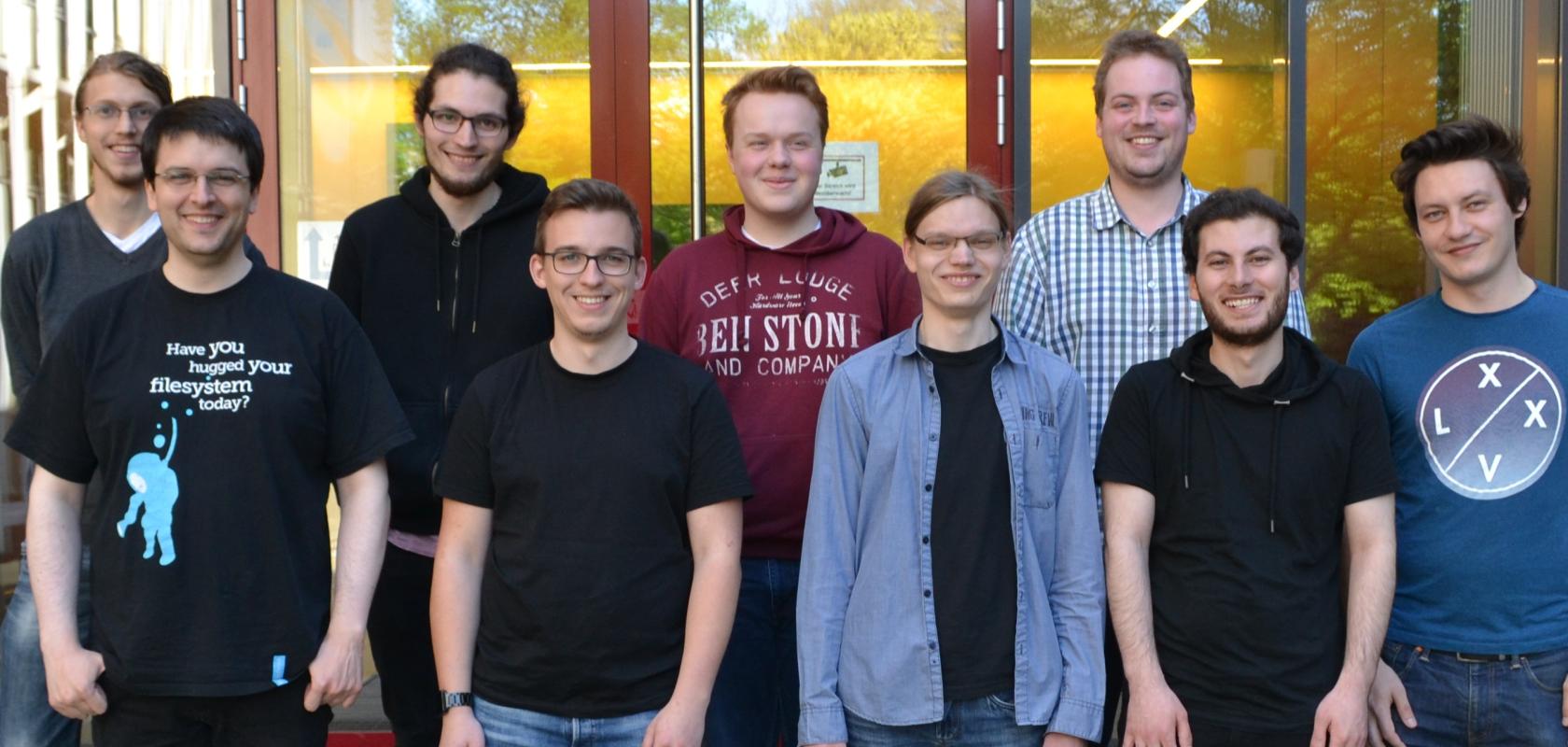The Gauss Centre for Supercomputing (GCS) has announced that it is sponsoring the two German student teams participating in the Student Cluster Competition (SCC) at the upcoming International Supercomputing Conference (ISC19). The teams, representing the University of Hamburg (UHH) and Heidelberg University (HDU), are among the 14 student teams from Asia, North America, Africa, and Europe accepted for this year’s high-performance computing (HPC) contest taking place on the ISC show floor.
The SCC, held at both the ISC and the SC supercomputing conferences every year, is an international contest for students from a variety of disciplines and backgrounds to test their HPC skills in real time. The fast-paced, three-day competition requires the student teams to build their own clusters and run a variety of applications and benchmarks. Along the way, teams are exposed to different scenarios, such as an unannounced power outage or pop quizzes to test their HPC knowledge. The teams are judged on application performance and accuracy as well as their systems’ energy efficiency.
It is GCS’ fifth year as a sponsor of university teams participating in SCCs. By doing so, GCS works to provide German educational institutions additional support in their endeavours to foster young, enthusiastic, talented students’ interest in HPC. GCS supports the SCC teams financially, helping cover the travel costs. Additionally, GCS HPC experts provided technical guidance and support to the students throughout the course of preparing for the upcoming competition.
The University of Hamburg has been represented at SCC events for a number of years and has lately taken additional measures to draw young talent to HPC. At UHH, all students actively participating in the preparation phase of SCC receive ECTS credit points for their contribution and can integrate the Student Cluster Competition as a normal course into their studies. 'The Scientific Computing Group of the University of Hamburg has established the SCC and its preparation phase as a recurring course to introduce even more students to HPC,' explains Michael Kuhn, coach of the Hamburg student team. A postdoctoral researcher at UHH, he has offered several HPC related courses in the past and, among other roles, is in charge of the exercises for the group’s lecture 'High-Performance Computing', which is currently attended by more than 50 students. 'We believe that our team is well-positioned to have a strong showing at this year’s contest at ISC,' states Kuhn.
Aksel Alpay, coach of the student team representing Heidelberg University and academic employee at HDU’s 'Future IT—Research and Education' group, also feels confident about his team’s chances. Last year, team HDU—then a newcomer to the ISC student challenge—performed as the highest placing European participant in the contest. Alpay, then a team member himself, is confident that this year’s team will surpass last year’s result. 'We count on the extensive knowledge the team members gain throughout the course of preparing for the competition,' Alpay says. 'We have an inherently ambitious and motivated group, and on top of that we have two team members who performed in last year’s team. We know what to expect.' While HDU does not offer a formal course dedicated to preparing for student cluster competitions, students can apply to have their participation in this program count as their mandatory practicum requirement.


